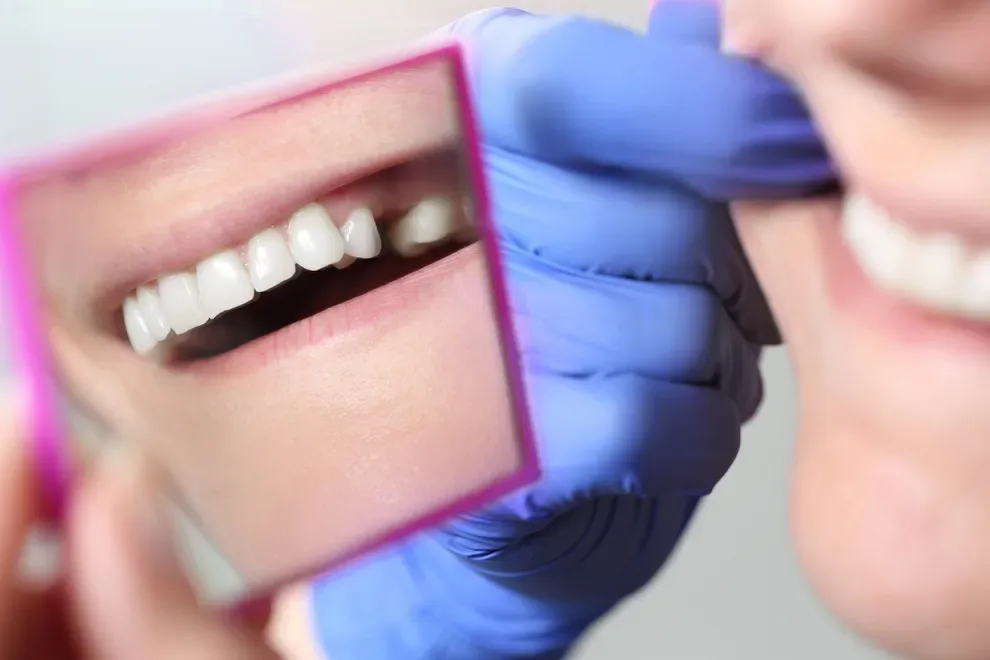Tooth Extraction Costs: With & Without Insurance

Table of Contents
- Cost Without Insurance
- Cost With Insurance
- Additional Costs
- Financial Planning
- Frequently Asked Questions
The costs of tooth extraction vary based on whether you have dental insurance and if the extraction is deemed medically necessary.
On average, the cost of a tooth extraction can range from $130 to $250 for a basic extraction. Extracting impacted teeth costs more.
The most expensive type of tooth extraction is removing wisdom teeth. The costs for wisdom teeth extraction may average around $1,000-$3,000 per tooth.
This table can help you understand the fees involved with different types of extractions:
Type of Extraction | Typical Fee |
Simple, routine extraction | $130-$250 |
Surgical extraction | $250-$370 |
Wisdom tooth | $1,000-$3,000 |
Cost Without Insurance
Simple tooth extractions may average around $300 without insurance, but additional fees like anesthesia and x-rays can add hundreds of dollars to the bill.
Complex tooth extraction, including pulling wisdom teeth, may cost more than $1,000 to $3,000 without insurance.
Cost With Insurance
Typically, dental insurance will cover some of the cost of routine dental extractions. For example, dental plans sold through Anthem work on a 100/80/50 coinsurance structure. That means 100% of your preventive care (including exams and x-rays) is covered, 80% of basic procedures (including fillings and simple extractions) are covered, and 50% of major procedures (like crowns and surgeries) are covered.
In a plan like this, a simple extraction might cost you $25 to $50 out of pocket, while a wisdom tooth might cost $500 to $1,500.
Additional Costs
Having a tooth extracted seems like a simple enough procedure, but there are some factors that impact the overall cost. These may include the following:
The cost of living in your city: The cost of dental services, including tooth extractions, may be more expensive in some geographical regions or major cities.
Your dentist’s experience and skill level: Some specialists may charge more for additional expertise or experience.
The type of extraction: Surgical extractions and the extraction of impacted teeth (including wisdom teeth) will be more expensive.
The location in the mouth: Back teeth may be harder to reach and work on. These may require a specialist or additional billable time.
Any complications. Complications like infections, gum problems, or surrounding decay may make the procedure more difficult and increase in-office time or require the help of a specialist.
You may face additional charges too.
Local numbing agents are often enough for simple extractions. If you have serious issues around your tooth or if you are getting your wisdom teeth removed, your dentist may recommend more sedation, including general anesthesia. This is often a separate cost and requires an anesthesiologist as part of the surgical team.
The x-rays that are taken before and after your tooth extraction can get lumped into your bill too. A panoramic x-ray can cost as much as $120; however, one basic x-ray is about $30. The exam fee might be $75.
You may need a dental implant or bridge to replace the missing tooth. If you have wisdom teeth pulled, these are not replaced by implants. If you have another permanent tooth removed, your dentist may want to replace it with an implant to keep your bite aligned properly. This will come at an additional cost.
Financial Planning
Discuss all the costs with your dentist beforehand, so you understand what to expect. Ask about how to ensure dental insurance covers as much as possible.
If you’re struggling with the tooth extraction cost, talk to your dentist.
Some dentists offer discounts to patients who pay their entire bill at once, especially if they can pay in cash. If that’s difficult, your dentist may have a payment plan that fits into your budget and allows you to keep your smile healthy.
Your dentist may accept payments from your health savings account (HSA) or flexible spending account (FSA) to help cover your bill. These can be great options to help you get the care you need.
Some dentists also provide private financing, or they partner with companies like CareCredit to help people pay for treatments.
Don’t be afraid to ask for assistance in paying for the treatment you need. Your dentist can help you understand your choices and make the right decision for your health.
